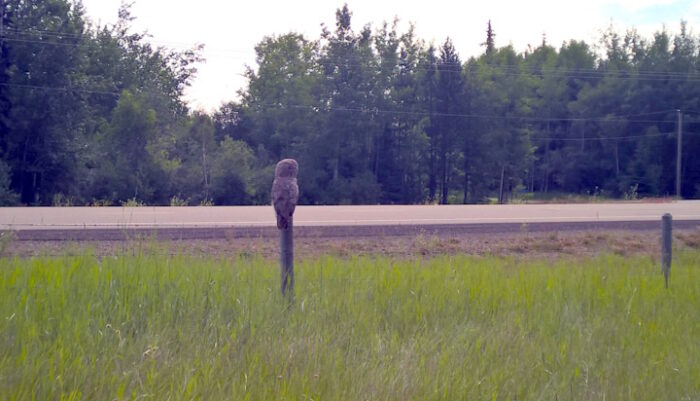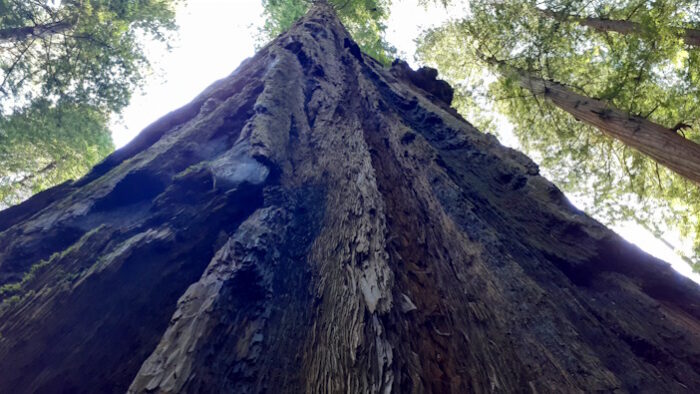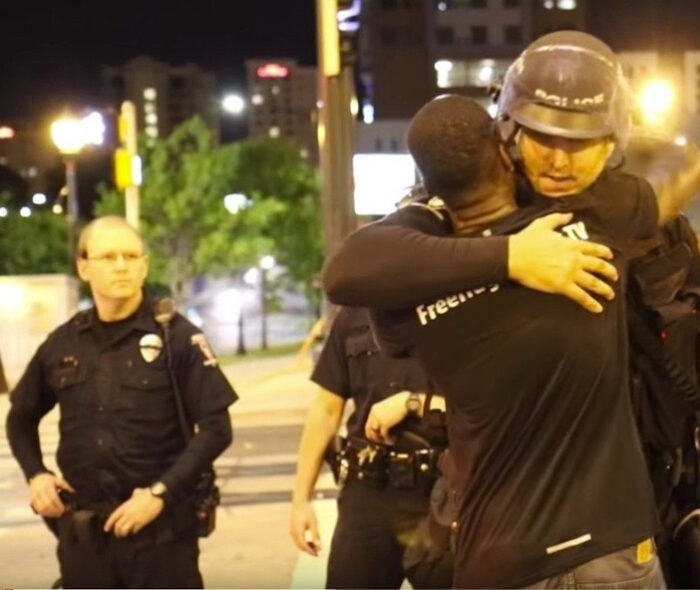Revulsion is a word hardly strong enough to convey how I felt about what you did. Not only did you bend toward eliminating lives of those you must view as abhorrent, you have created fear, where no fear should be.
Why a knife? why not a conversation? Why slash and stab the bodies of others? If so conflicted, why not carry a sign, protest? Hardly redeeming, but at least it’s not physically violent.
Was it to satisfy the unyielding conditions of your religion? or did you strike at yourself, in a struggle with your own confusion, knowing, because of your upbringing, you must remain hidden? I speculate.
I speculate further: as your country of origin is Ecuador, chances are that you’re Roman Catholic. And so you’ll know the stance of the Vatican, is still, that non-binary and transgender individuals are acting on impulses that should instead be perceived as challenges to be overcome. (A plain enough indication that the Vatican has never had a real conversation with a trans person.)
You have a story. I’d like to know it. Here’s mine. I’m an aging cis white male, that, out of five children, had one daughter. Now I have five sons. It’s been seven years since we were given the news that she would be transitioning.
I’m not a demonstrative person. I keep things to myself. This was hard. I grieved the loss of a daughter. Most of my family, and some of my friends, are conservative, evangelical, with an understanding of gender not unlike that of the Vatican. No doubt there were misgivings. But my family and friends are also caring and loving.
I know our discussion would be difficult. You, defending a binary worldview, or concealing yourself through projection. Me, opposed to your view, yet hoping to get through. What should not be difficult, is that we treat each other the way we want to be treated. A teaching from scripture, also supported by the Vatican.
There are, I despair, many that support you, not your actions, perhaps, but your apparent position. Some may even see you as a martyred hero. From the other side, you’ll endure disgust, belittling, hatred. “You look just like I thought you would look,” is one of the kinder comments on social media.
Here’s the little I know. We begin this journey with a kind of self-love essential for survival, but also, as we grow, for attending to that inner being that keeps whispering, “this is who you are, as whole, how will you bring it to be?” The wondrous, complex, mysterious thing is, that on our own, we can’t, that in fact we receive our “selves” through the eyes of others. And if those eyes are loving, we flourish, and respond in kind. If equivocal, we live with anxiety. If exacting, or abandoning, we manufacture a shell, or become brittle as shale. The Herculean but imperative effort here is to seek the eyes of the loving, welcoming Spirit who resides within, who will lead you to ones who have already turned toward you and received you. And you, in turn, will be gift for them.
Perhaps you can see what you have in common with many trans people. Who in shedding their persona for personhood, have endured eyes like walls, glances like spears, to the point of self-destruction, or for some, aggressive reaction. When what they desire is merely tolerance and understanding. They’ve long known their choice. To stay masked, and so exist in a living death, or pursue, who they wholly are, and live authentically. Despite the risk that should not be.
Even during my grieving, when I turned toward my trans son, my eyes overflowed with love, and as it happened, I too, moved toward wholeness. Geovanny, I pray this for you.




